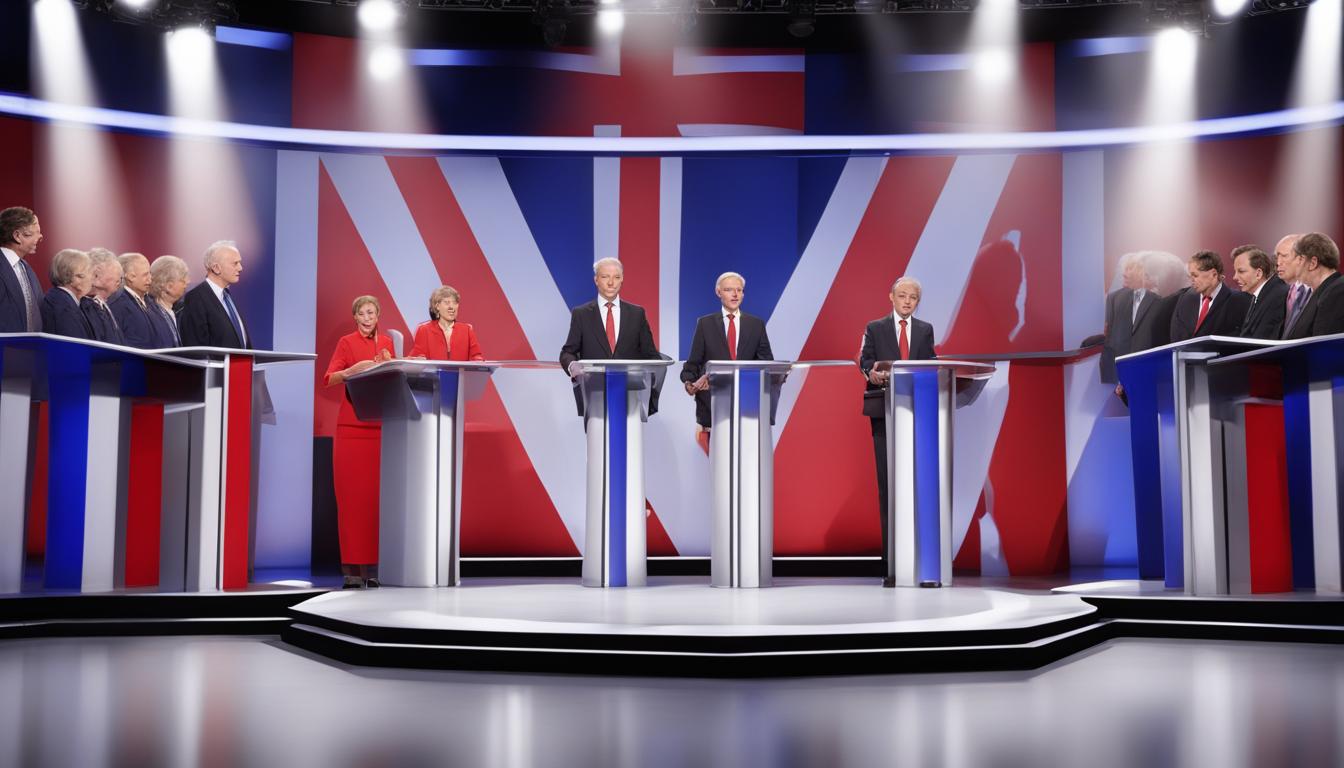Following recent elections, the Reform Party shows budding confidence in their electoral strategy, while Labour secures significant wins and Tories face hurdles heading into future contests.
Deputy Leader of the Reform Party, Lee Anderson, expressed confidence in his party’s potential following the local elections and a strong performance in the Blackpool by-election, where Reform secured 17% of the vote. Despite criticisms suggesting Reform’s rise might reflect a decrease in Conservative support rather than its own gains, Anderson underscored the results as indicative of future success. There is ongoing speculation that a high-profile candidacy, possibly from Nigel Farage, could aid in winning parliamentary seats for Reform. Discussions continue regarding the strategic moves the party could adopt in upcoming elections to improve its parliamentary representation.
Meanwhile, in London, the results of the mayoral election are pending, expected to be announced on Saturday. The Labour Party, led by Sir Keir Starmer, has shown strong performance in the local elections, gaining control over several councils and achieving significant swings in by-elections, including a notable victory in Blackpool South. Conversely, the Conservative Party, led by Rishi Sunak, faced substantial losses, including over 100 council seats nationwide. Despite these setbacks, Tories maintained the mayoralty in Tees Valley, a crucial win for the party amid wider defeats.
As political dynamics continue to evolve, major parties face various challenges and opportunities leading up to more significant electoral battles in the future.













